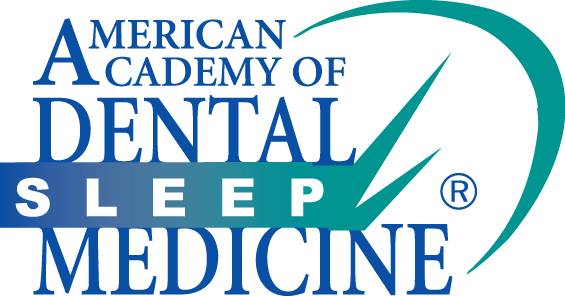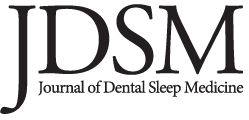
Letter 1, Issue 7.2
The Dentist’s Role in Sleep Medicine: Why the Hesitation?
http://dx.doi.org/10.15331/jdsm.7126
Miguel Meira e Cruz, DDS, MSc1, Eduard Estivill, MD2, Meir H Kryger MD, PhD
1Sleep Unit, Cardiovascular Center of University of Lisbon, Lisbon School of Medicine, Lisbon, Portugal; 2Clinica del Son Dr. Estivill, Barcelona, Spain; 3Yale School of Medicine, New Haven, Connecticut, USA
In the systematic review recently published in the JDSM about the role of dentistry in sleep disordered breathing by Gianoni-Capenakas et al1, the authors reported the high prevalence of pediatric and adult sleep related breathing disorders (SRBD). They also focused on detection, prevention, and treatment, along with the interaction between sleep-related respiratory distress and maxillofacial complex changes.2,3 Interestingly, in the very same volume of JDSM, Simmons and Shapiro pointed out the territorialism between dentists and physicians, debunking the myth that dentists are incapable of diagnosing and treating most cases of SRBD.4 There is a need for a broader view of the dentist’s role in Sleep Medicine. SRBD, already recognized by most Dental Medicine practitioners, sometimes co-exists with other common sleep disorders or systemic conditions which may result in poor sleep quality. Sleep disorders (not just SRBD) are frequently underdiagnosed, undertreated or inadequately controlled, resulting in negative health and economic outcomes.5,6 Patient history is commonly taken in dental medicine practice and dentists should be able to screen for sleep disorders. Dentists see patients more often than many other specialists. Why should they not be part of the patient’s medical “team”? Are they children of a lesser god? And should the patient pay for this myth?
There are currently many specialization programs in “Dental Sleep Medicine.” Adequate training in Sleep Medicine for doctors (including dentists) is also available. European Sleep Research Society and World Sleep Society provide international certification programs which are accessible for dentists but in which few dental professionals are engaged. The dentist’s role in Sleep Medicine should, like for any other professional, depend on their specific knowledge, expertise and professional licensing requirements. Meanwhile, no doors should be closed in a field where there is a benefit to humanity from the participation of dental sleep medicine practitioners. After all, Sleep Medicine is a transdisciplinary field involving practitioners in internal medicine, pulmonary medicine, psychiatry, neurology, pediatrics, and psychology. Why not adequately trained dentists?
CITATION
Meira e Cruz M, Estevill E, Kryger MH. The Dentist’s Role in Sleep Medicine: Why the Hesitation? J Dent Sleep Med. 2020;7(2)
REFERENCES
- Gianoni-Capenakas S, Gomes AC, Sleep-Disordered Breathing: The Dentist’s Role – A Systematic Review. Mayoral P, Miguez M, Lagravere M. J Dent Sleep Med. 2019;7(1)
- Guilleminault C et al. Sleep-Disordered Breathing, Orofacial Growth, and Prevention of Obstructive Sleep Apnea. Sleep Med Clin. 2019
- Lavigne GJ, Herrero Babiloni A, Beetz G, Dal Fabbro C, Sutherland K, Huynh N, Cistulli PA. J Dent Res. 2020;99(1):26-35
- Simmons MS, Shapiro CM. The New DDS-“Dentist Diagnosing Sleep.” J Dent Sleep Med. 2020;7(1)
- Wickwire EM, Tom SE, Scharf SM, Vadlamani A, Bulatao IG, Albrecht JS. Untreated insomnia increases all-cause health care utilization and costs among Medicare beneficiaries. Sleep 2019;42(4):
- Wickwire EM, Vadlamani A, Tom SE, Johnson AM, Scharf SM, Albrecht JS. Economic aspects of insomnia medication treatment among Medicare beneficiaries. Sleep. 2019
SUBMISSION & CORRESPONDENCE INFORMATION
Submitted in final revised form January 16, 2020
Accepted for publication March 25, 2020
Address correspondence to: Dr. Miguel Meira e Cruz, DDS, MSc, European Sleep Center, Incubadora da Universidade de Lisboa, Gab 435 Av. Prof. Gama Pinto n 2 1649-003 Lisboa; Email: mcruz@medicina.ulisboa.pt
DISCLOSURE STATEMENT
The authors report no financial conflicts of interest.
PDF
